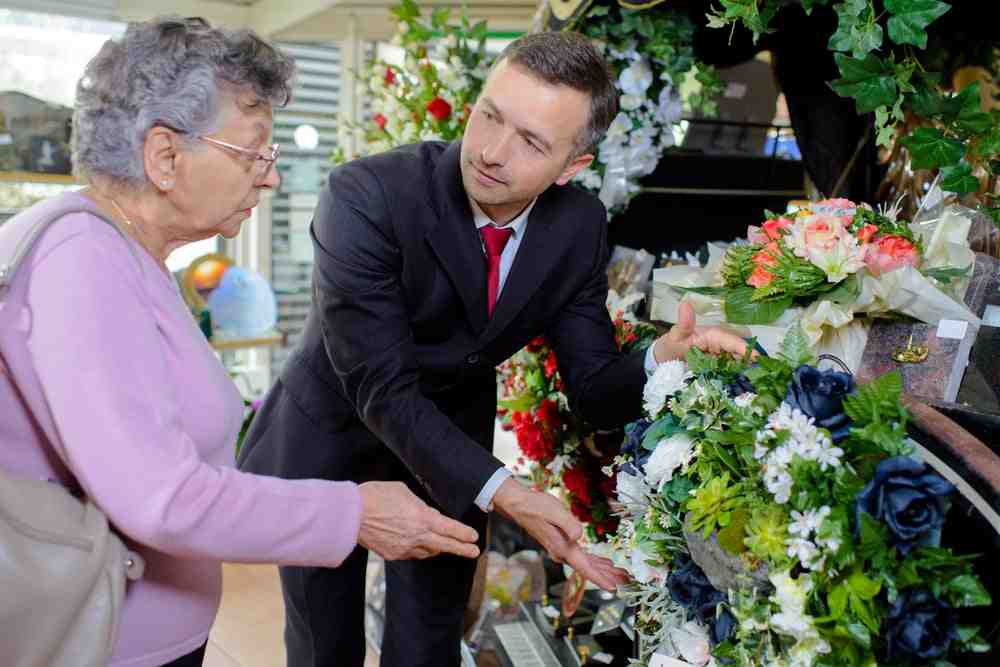What is the Role of a Funeral Director?
When a family member or close friend passes away, making decisions and handling logistics regarding funeral arrangements can be difficult while you are grieving. An experienced funeral director is there to help organise the funeral providing support during your time of loss. They are there to guide you through all the options and necessary considerations, while taking away some of the burden of arranging a memorable and meaningful funeral ceremony for your loved one.
Taking Care of the Body
When someone dies, once a nurse or doctor has certified the death, the funeral director can take the body into their custody. It is then their responsibility to transport the body safely, securely and professionally while working with family members on making the funeral arrangements.
Guiding You Through the Process
If the deceased’s funeral has not been pre-planned, your funeral director will guide you through all the necessary details involved in arranging a funeral. They will help you make all the decisions, including those that you didn’t know you had to make, such as:
- Whether to choose cremation or burial
- The date and time of the service
- Where to hold the service (e.g. a church, park, at your home, on the beach)
- Type of coffin or casket
- Choosing flower arrangements or other decorations
- Organising music, photo tributes and other programmes
- Who should lead the ceremony (e.g. a celebrant, family member, friend, minister or other relevant member of your faith)?
Your funeral director provides different levels of support and guidance depending on what you specifically need.
Carrying Out the Wishes of the Deceased
If the deceased person has pre-planned the funeral with the funeral director, their role is to inform loved ones of these wishes and guide them through the necessary steps into making these wishes a reality. Pre-arrangement may take care of details such as the venue of the service as well as providing the necessary information to complete the death certificate and other paperwork upon death. Pre-planned funerals also tend to involve a funeral bond to put towards making funeral arrangements, which the funeral director will oversee.
Handling Logistics
In addition to helping you create the perfect memorial; your funeral director takes care of all the logistics on your behalf. They can liaise with third parties and make important arrangements for you if needed. Some of these logistical services include:
- Registering the death with the Registrar of Births, Deaths and Marriages
- Collecting medical certificates and registration of death
- Arrangements with church, chapel or a venue you choose
- Coordinating the cremation or burial with a memorial park or cemetery
- Consulting with clergy or celebrant
- Advice on wording and placement of death notices
- Help writing a eulogy
- Arranging and preparing a viewing of the deceased
- Supply of hearse and other funeral vehicles
- Organising floral arrangements and music
- Embalming by qualified personnel (if required)
- Organising mourning stationery such as thank-you cards and orders of service
- Video recording or live streaming for those unable to attend
- Assistance organising a wake or event after the service
- Providing referrals to grief support.
Funeral directors are there to help take care of the difficult tasks and personalise the ceremony, ensuring it’s a unique celebration of the person’s life.
Experienced Funeral Directors in Western Australia
At Hetherington Funerals, our funeral directors have over 20 years of experience assisting families in making funeral arrangements. For more information or advice, please contact us on (08) 9459 2846, submit an enquiry on our contact page or look at our funeral services here.

